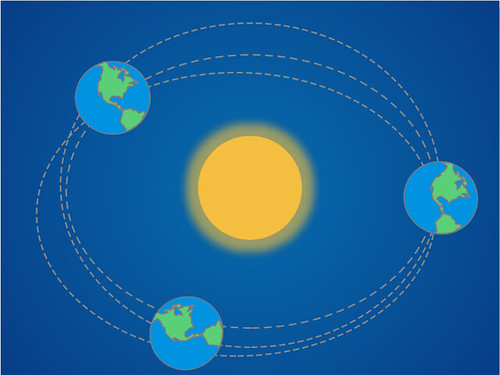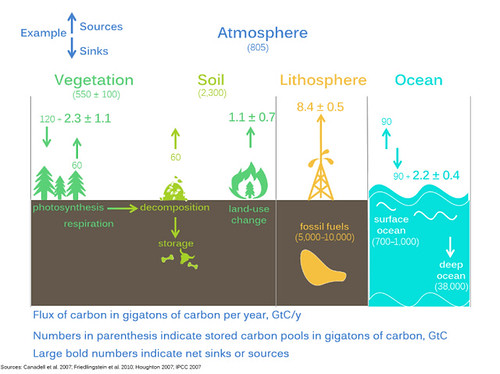
All this month we will be taking a look at what a changing climate means to Agriculture. The ten regional USDA Climate Hubs were established to synthesize and translate climate science and research into easily understood products and tools that land managers can use to make climate-informed decisions. The Hubs work at the regional level with an extensive network of trusted USDA agency partners, technical service providers, University collaborators, and private sector advisers to ensure they have the information they need to respond to producers that are dealing with the effects of a variable climate. USDA's Climate Hubs are part of our broad commitment to developing the next generation of climate solutions, so that our agricultural leaders have the modern technologies and tools they need to adapt and succeed in the face of a changing climate.
The Department of Agriculture and Department of Defense have an extensive relationship coordinating land management activities, and are now working together to cope with the pressures of climate change. The USDA Forest Service Climate Change Resource Center (CCRC) and the USDA Northern Forests Climate Hub (NFCH) are partnering with the Department of Defense (DoD) to present information on climate change and ecosystem response during environmental and natural resource training courses to better enable DoD mission success through practical approaches to climate adaptation.
Since 2015, the CCRC and NFCH have presented information at five environmental courses. Course attendees are a mix of officers and civilians from multiple military installations and branches. The CCRC facilitates a viewing of its education module, Climate Change Science and Modeling: What You Need to Know, to start participants off with a basic understanding of climate change science. Next they’re taught information on regional climate change effects, how to incorporate climate change into planning, where to find tools that can help (such as the USDA Climate Hubs Tool Shed), and how they can find climate change experts.
Building on the success of this partnership, the NFCH recently expanded to co-host climate change adaptation workshops for DoD natural resource training courses, using regional climate change expertise from the USDA Climate Hubs and other partners. DoD natural resource managers are exposed to a variety of topics related to climate change impacts in their region, including discussions of climate change effects on management decisions, and spending time discussing and developing adaptation tactics. Among workshop resources are the Northern Institute of Applied Climate Science’s Forest Adaptation Resources, Adaptation Partners’ Climate Change Adaptation Library, and the USDA Climate Hubs’ Regional Vulnerability Assessments. The first two workshops were held earlier this year, with half-day sessions at Joint Base Lewis-McChord, WA, and another in San Antonio, TX.
The USDA Climate Hubs are pleased to support the DoD in their land management training and look forward to continued partnership.




